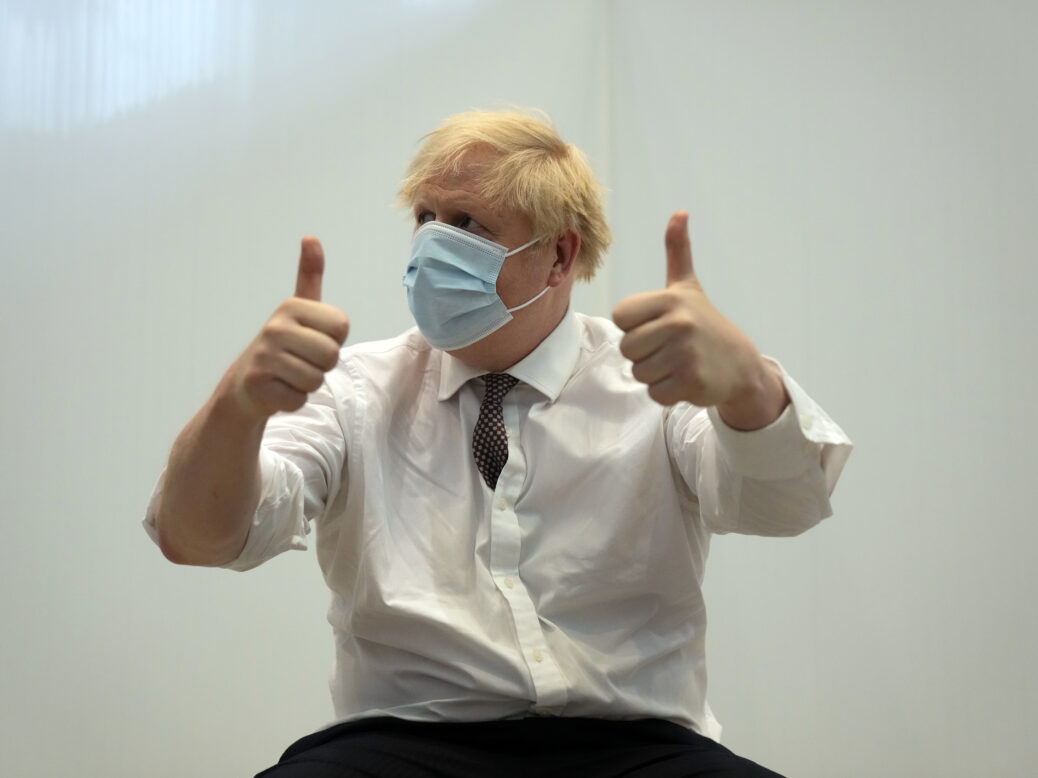
Will England’s unlocking have to be delayed? Hospital admissions are again rising thanks to the Delta variant, with the increase being driven by people in younger age groups, most of whom have, of course, not yet been able to be vaccinated.
While Michael Gove – usually one of the cabinet ministers keenest on lockdown – has told the HuffPost that he would bet on the 21 June date going ahead as planned, the Guardian reports that Rishi Sunak – usually one of the cabinet ministers most likely to oppose lockdowns – would be willing to accept a delay of up to a month.
The underlying problem is that while the vaccine provides a high level of protection against the Delta variant, and while younger people are less at risk from Covid-19, we don’t yet know if NHS capacity would withstand an uncontrolled outbreak with our current vaccination levels. So it is uncertain whether England will be able to unlock on 21 June.
But there are some things we can say definitively. The first is that we’re here because the British government has never had an effective strategy for central quarantine and isolation, whether at the border or within the United Kingdom. (A fun but depressing game to illustrate this is to look at any Covid hotspot and work out how much we have paid hotels to furlough staff there rather than turning hotels over to the job of running central quarantine.)
I’ve written before that one advantage Boris Johnson has is that people simply do not want to revisit the past year and are therefore inclined to give the government the benefit of the doubt. I think that’s still true. But the flip-side is that most people also want the government to keep its end of the bargain and ensure that we do not have to revisit the past year. Failure could well have a political cost as well as a social and economic one.






